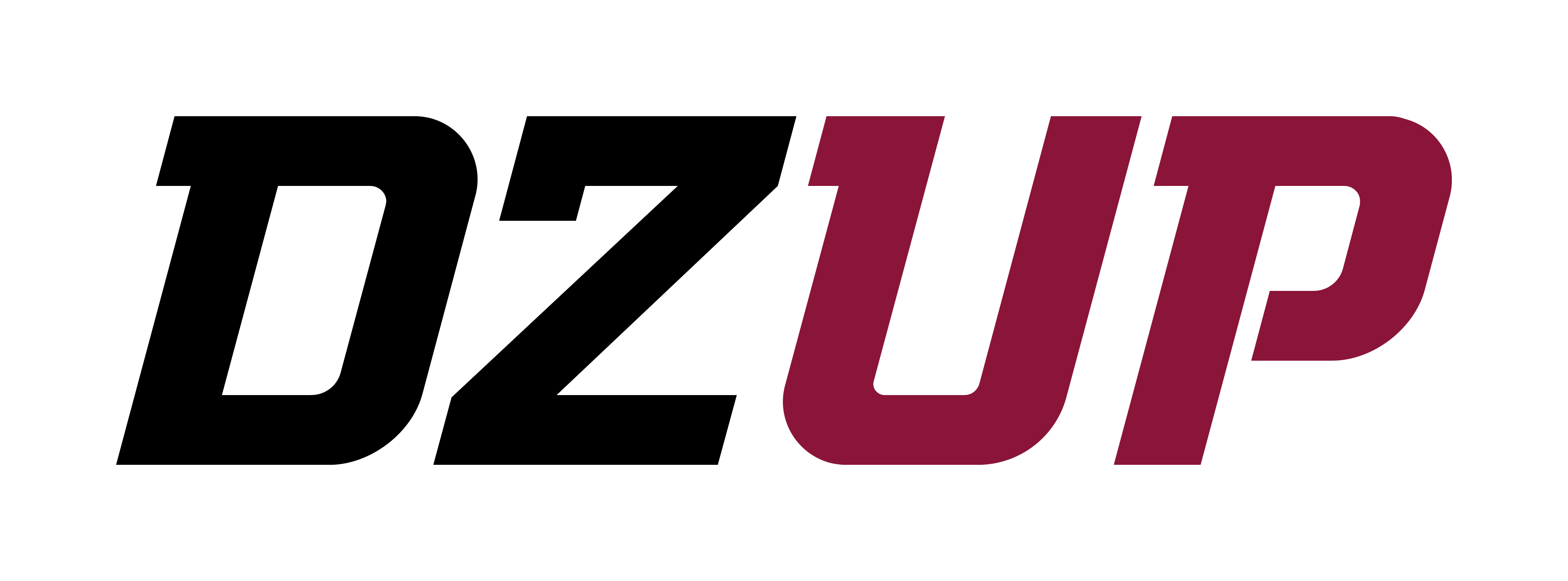The University of the Philippines is soon making available to the public its open-access multimedia educational materials on the environment, specially designed for senior high learners and educators.
Students and teachers from senior high schools (SHS) throughout the country can expect more resources online and on the airwaves as the University of the Philippines (UP) launches DZUP EskweKalikasan: para sa kabataan, kapaligiran, at bayan this Friday, Sept. 24.
This launch comes as Filipinos continue to navigate through distance education amid the coronavirus pandemic.
House Deputy Speaker Loren Legarda, a pioneer in legislating policies for the environment, and staunch advocate of environmental protection and management, climate resilience, and quality education, is the keynote speaker.
To be made accessible and free to the public via campus radio DZUP’s platforms, the publicly-funded initiative has produced teaching and learning materials which cover evolving issues regarding the environment, climate change, disasters, sustainable living, and mindful consumption.
Scores of modules, video guides, podcasts, and lecture presentations were developed particularly for the use of SHS educators, while worksheets, podcasts, and radio episodes comprise the educational pack for their learners.
According to the project’s lead for module development, DZUP EskweKalikasan was envisioned to help address certain challenges confronting SHS education.
“These open access tools aim to supplement the existing instructional materials on three core curriculum subjects for Grades 11 and 12, namely, Earth and Life Science or Earth Science, Understanding Culture, Society, and Politics, and Disaster Readiness and Risk Reduction,” Assistant Professor Ma. Ivy Claudio said.
“One of our objectives was to integrate climate change knowledge in formal education, considering the many threats the global phenomenon poses,” Claudio explained. “These have been created to allow and encourage students to deeply engage in evidence-based scientific argumentation, a teaching approach promoted by the UP National Institute for Science and Mathematics Education Development (NISMED), which fosters an exciting learning environment.”
Teamwork
Conceptualization for the multimedia project began in 2018, while the implementation started in September 2019. Initially conceived only as a modular radio program by the UP College of Mass Communication’s Department of Broadcast Communication and DZUP, the academe-led initiative expanded to include the production of pedagogical tools in audiovisual formats as a result of the collaboration of various stakeholders.
Funding support was secured from the 2019 General Appropriations Act, through the initiative of the office of then-Senator Loren Legarda. Several partners from the academe, government, and civil society also pitched in for DZUP EskweKalikasan.
For instance, UP NISMED co-developed and reviewed the teaching modules to align the materials with the SHS curriculum. The Climate Change Commission then provided feedback to further improve the modules whereas environmental advocates and resource persons from government agencies served as interviewees in the radio program. Additional funding support was also provided by the UP Diliman Office of the Chancellor.
Radio and beyond
All the project outputs will be available on the website of UP-owned and operated college radio DZUP that has been producing thousands of hours’ worth of educational and development-oriented content since 1958. The college radio recently relaunched its site in a bid to further strengthen its digital presence, especially during the public health crisis.
Alternatively, proponents plan to bank on the advantages of radio to reach more schools in rural communities through DZUP’s program sharing initiative with local stations.
Both the Department of Education and the United Nations Educational, Scientific and Cultural Organization (UNESCO) see the potential of broadcast communication in ensuring that remote learning is carried out while the world battles against COVID-19.
“Many countries had to quickly find effective solutions and television and radio have proven to be a good alternative in a context where online learning is not possible,” reads a UNESCO statement on its site.
“The use of radio and television broadcast as distance learning solutions is a powerful way to bridge the digital divide in the education sector and reach the most marginalized learners,” it added.
UP at work
This effort, spearheaded by UP’s Department of Broadcast Communication, is consistent with the national university’s commitment to knowledge sharing. At the height of the pandemic last year, UP began offering its open educational resources.
“UP makes it a point to open up its repository of knowledge and expertise to all sectors and members of the general public, and make its resources available to all who seek to learn, to do research, and to sincerely serve the country and its people,” the institution said.
“The university is even more cognizant of its role in educating our people, in letting science lead the way out of this public health crisis, and in informing policy and decision-making at all levels with the best knowledge and expertise we can offer.”
Editor’s note: DZUP EskweKalikasan was a special project of the station from September 2019 until December 2020.
With Gian Carlo Librojo

